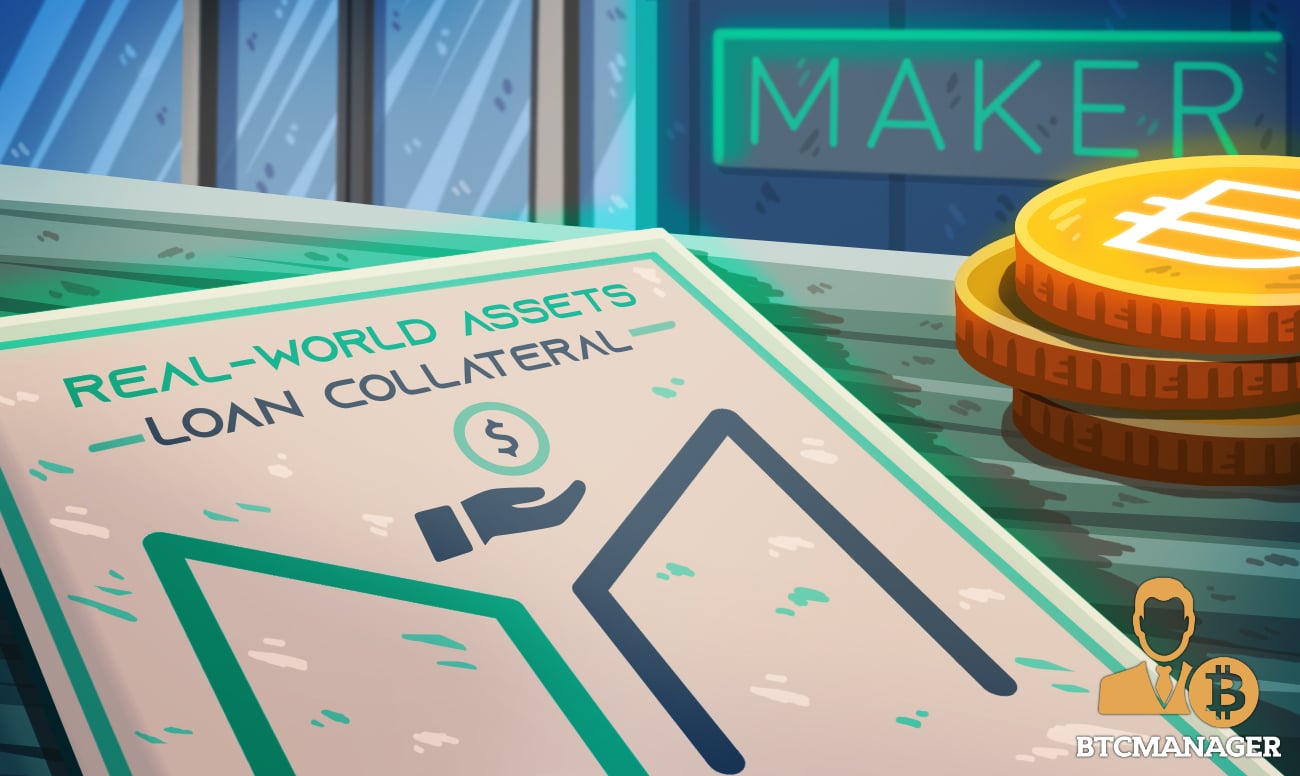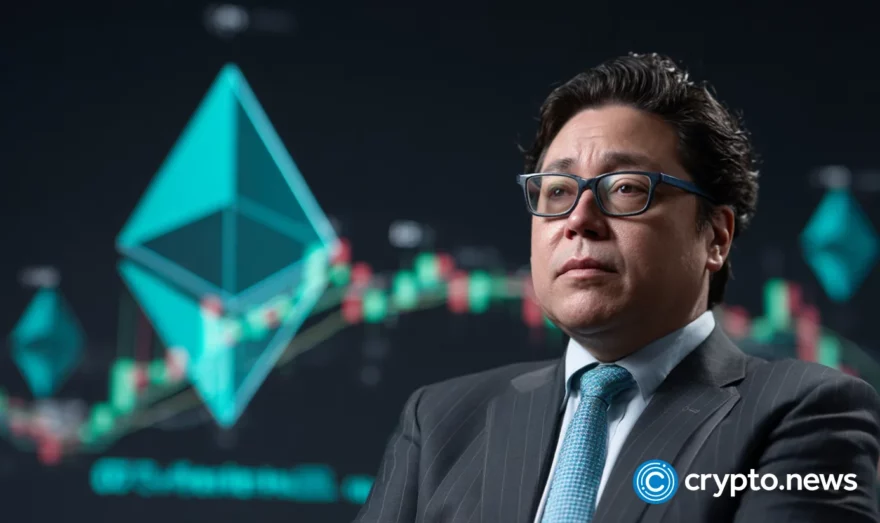MakerDAO Governance Is Weighing Tokens Backed by Real-World Assets

The community of MakerDAO, the firm behind DAI and arguably the most famous DeFi project, is currently voting on whether to include real-world assets (RWAs) as a part of token collateral.
Real-World Assets Tokenized
As Coindesk reports, the firm is exploring the RWA option with Centrifuge, a startup focussed on brining real-world assets to the decentralized finance marketplace. As a start, the first two products are a supply-chain invoicing system and paying out musician royalties, with Centrifuge trying to bring these assets as collateral for DAI-issued loans.
Centrifuge’s assets will be represented on the Ethereum blockchain as “non-fungible tokens,” or those made famous by CryptoKitties in 2018. In essence, small supply chain-focused businesses and music artists could borrow DAI, and encash it on a one-to-one ratio.
Centrifuge’s Lucas Vogelsang notes the partnership could be the world’s first application of DeFi to a real-world business issue, one that does not revolve around cryptocurrencies. Particularly, the solution helps ensure quick liquidity for artists and supply chain firms, without the hassles fo approaching a bank or other traditional routes of fund-raising.
Industries such as the supply chain have historically relied on third-party intermediaries to process transactions and serve as a “man-in-the-middle.” However, DeFi markets exist to remove such players, mainly to allow decentralized, trusted, and verifiable transactions between two parties.
But so far, only crypto-lending and trading have emerged as DeFi applications. However, MakerDAO’s Rune Christensen notes the two proposals will be a first step towards the expansion of DeFi frameworks:
“These should be seen as the first two [RWAs] in the greatest portfolio of assets that’s ever been built. It’s just the first step. Thousands and thousands of assets will exist alongside them.”
Users holding MakerDAO’s governance token, MKR, are currently voting on the proposals. Of those, a staggering 96 percent favor an “inclusion of trade finance assets” with similar strength supporting music artist inclusions.
Interoperability Fears Remain
Despite the ongoing push for asset tokenization, some are voicing fears. Libonomy COO Janis Aperjots believes that while eliminating third-parties is a logical frontier for crypto firms, the lack of addressing interoperability might lead to security risks and greater problems.
MakerDAO holders faced the wrath of plunging Bitcoin prices in mid-March when the pioneer digital asset fell over 45 percent over two trading sessions. DAI holders lost over $4 million, and caused MakerDAO to introduce changes to how it’s DAI-backed assets are priced and traded.
Aperjots adds:
“It’s amazing that there are projects like these that in the long term help to reduce the volatility of digital assets, but the harsh truth is that right now the security and freedom for players using this solution are endangered.”
Libonomy works on improving and introducing interoperability in the DeFi and crypto market. Aperjots notes the Ethereum smart contract platform does not have inherent security protocols, leading to “a lot of” smart contracts being deployed with security flaws.
He did not single out any project, believes it remains a “major concern.” Another issue, Aperjots believes, stems from the lack of scalability that Ethereum endures currently – meaning the rise of DeFi solely on the protocol would lead to unreasonable fees slower transactions.
Meanwhile, MakerDAO’s Christensen acknowledged bringing “real world” assets, like supply chain- or streaming royalty-based tokens into DeFi marketplaces means introducing new risks, but the Maker community will continue to work on eliminating any moot points.














